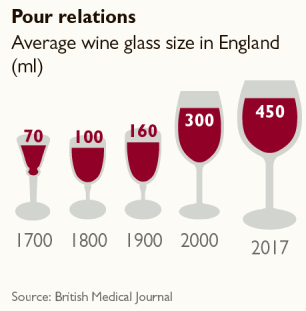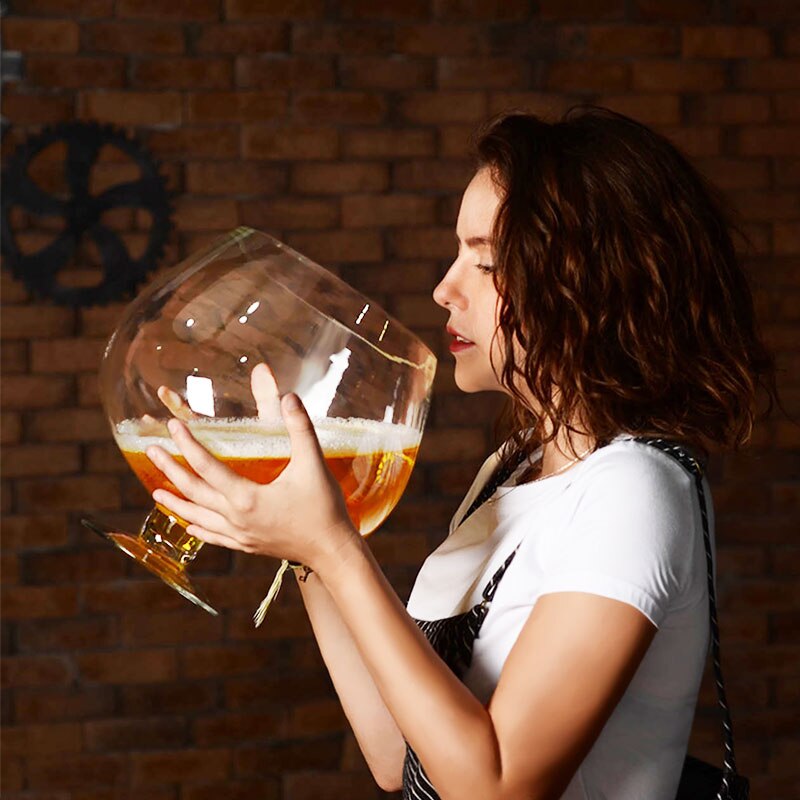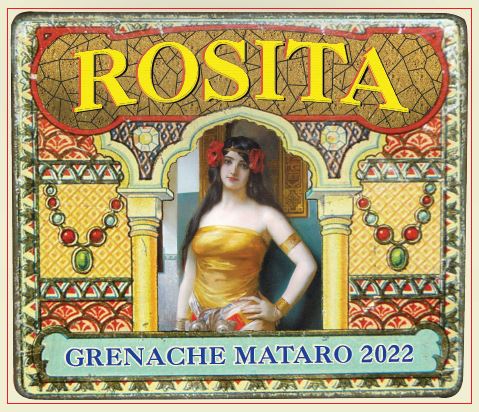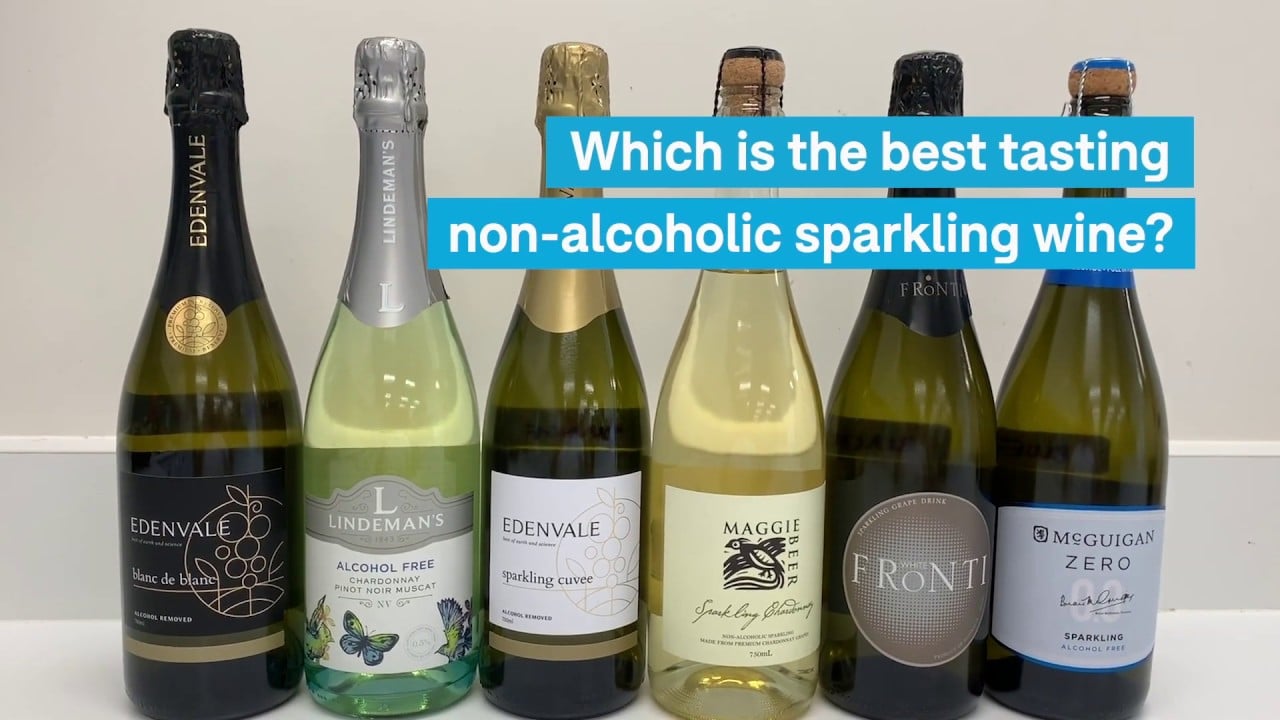The growing size of wine glasses is perfectly illustrated by Kourtney Kardashian and her husband in this picture from The Daiy Mail website. The British Medical Journal has linked increased alsohol consumption to the increased size of the containers that Ms Kardashian and her beau took to the backseat of their car after dinner.

Polly Russell, a curator at the British Library, explains how wine glasses, like wines, go in and out of fashion. “But whether you prefer the newest trend in stemless tumblers or the voluminous style of the 1990s, one thing has marked their evolution,” she wrote. “Over time wine glasses have increased in size.”
A study published by the Brirish Medical Journal in 2017, researchers investigated wine glasses between 1700 and 2017 and discovered a sevenfold increase in volume.

We cannot infer that the increase in glass size and the rise in wine consumption in England are causally linked. Nor can we infer that reducing glass size would cut drinking. Our observation of increasing size does, however, draw attention to wine glass size as an area to investigate further in the context of population health. The amount of alcohol people drink, particularly wine, has increased sharply since the 1960s. Along with lower prices, increased availability, and marketing, larger wine glasses may have contributed to this rise through several potentially co-occurring mechanisms.
From the study on wine glass sizes in the BMJ
The BMJ study concluded with three key messages
- *Wine glass capacity in England has increased from a mean of 66 mL in 1700 to 449 mL in 2017
- *Capacity has increased most steeply over the past two decades, along with wine consumption
- *While this association may not be causal, some evidence of a link between wine glass size and drinking suggests that reducing the size of wine glasses in licensed premises and in our homes could reduce consumption





